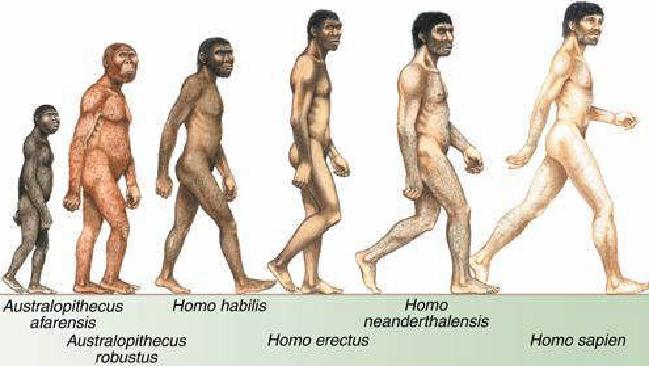Sapiens – A Brief History of Humankind
Author : Yuval Noah Harari
Genre : Popular Science, History
A beautiful and gripping history of our entire species. Harari explains how our species (Homo Sapiens… wise human) was one of the multiple Homo (humans) species that walked on Planet Earth at least 2 million years ago. However, wherever Homo Sapiens went, we probably were responsible for the extinction of all other homos, and also of many other large mammals (mammoths, large kangaroos, marsupial lions, diprotodons). No wonder the author calls us “the banana republic dictator” and “ecological serial killer”.
The book starts with the origin of universe and fundamental forces (physics) 13.5 billion years ago, followed soon by formation of atoms (chemistry), and then just 3.8 billion years ago, the formation of first living organisms (biology). Homo Sapiens, our species, started only 70,000 years ago. [Makes you wonder if God really exists and if humans were his divine creation, we took a mighty long time to realize it!]. And from those primordial origins, the book ends with a prediction of future – will we become the next God?
During the way, Harari teaches us startling facts: Did you know that while our brain is largely responsible to make us the planet’s most powerful creature, it is certainly not the most obvious evolution. 2-3% by body weight, it consumes 25% of our total energy and hence a drain on our precious resources. The author conjectures that because we, by accident, discovered fire, it helped us eat cooked food and therefore use less energy in the intestines to digest (an ape needs 5 hours, we need only one). This energy therefore can be diverted to our brain. The other consequence of large brain was that our muscles atrophied, since the same energy that in an ape or lion goes to muscle building was fueling our brain!
Another interesting fact: We started walking upright – but this meant, over many generations, narrower hips to get the right gait. Which meant women could only give birth to kids with small heads. Natural selection consequently favored earlier births. While, for most animals, the babies are ready to run in few weeks or months, a human baby needs years of careful care. This also meant, over centuries, development of social ties, and the ability of humans to learn new things.



 This information will never be shared with third party
This information will never be shared with third party
Post A Comment
Want to join the discussion?Feel free to contribute!